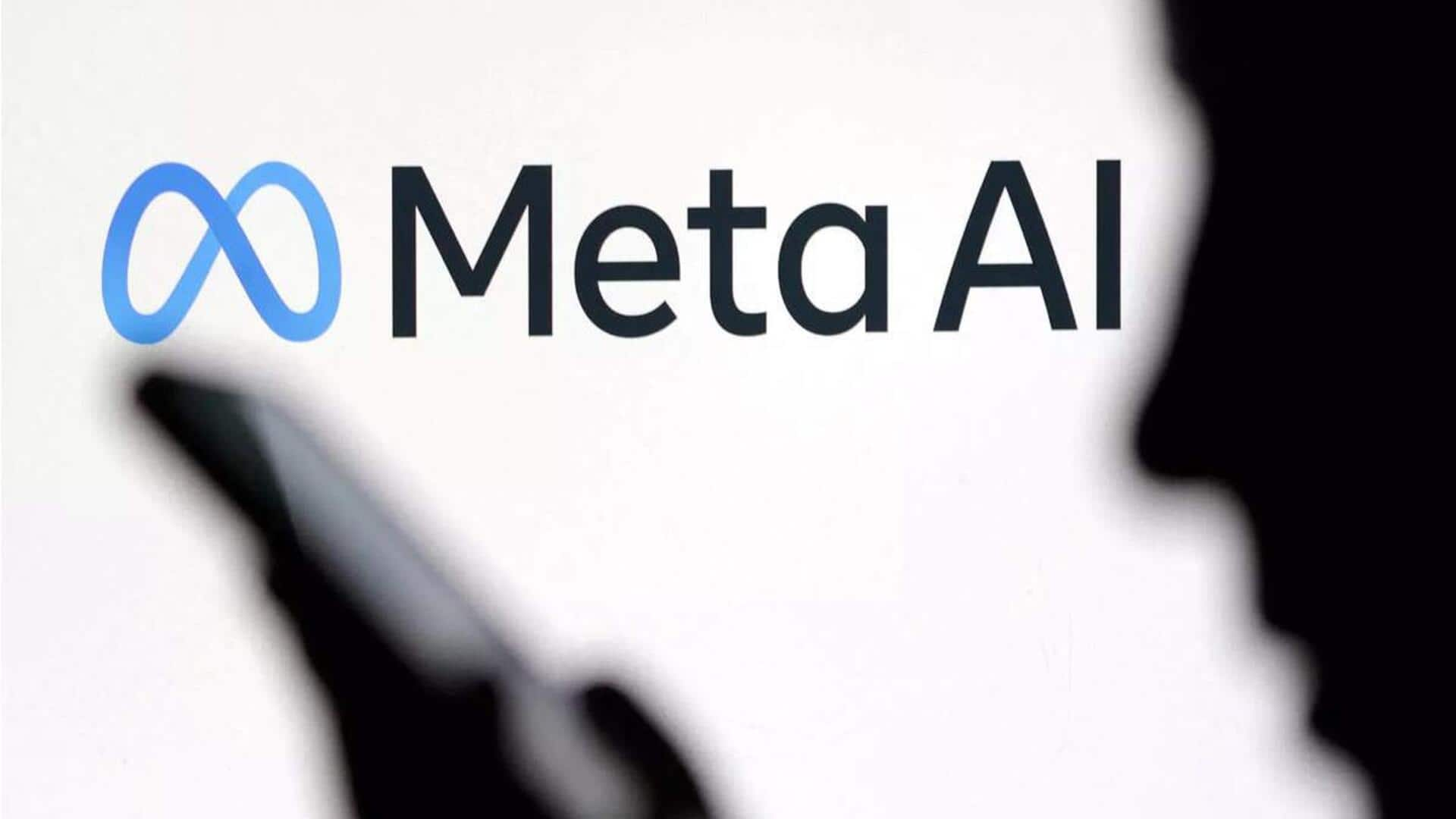
How China used Meta's Llama AI to develop military tool
What's the story
Leading Chinese research institutions, linked to the People's Liberation Army (PLA), have allegedly used Meta's Llama AI model to develop a tool for possible military use.
This was disclosed in a June academic paper, written by six Chinese researchers from three different institutions, according to Reuters.
Two of them belong to PLA's top research body, the Academy of Military Science (AMS).
Tool development
ChatBIT: A military-focused AI tool
The researchers used an early version of Meta's Llama, the Llama 2 13B large language model (LLM), to create a military-focused AI tool called "ChatBIT."
It was designed with unique parameters to gather and analyze intelligence data.
ChatBIT aims to deliver accurate and reliable details for operational decision-making in the military sector.
AI efficiency
Chatbot's performance and optimization
ChatBIT was specifically optimized for dialogue and question-answering roles in the military field.
The academic paper revealed that this tool outperformed other AI models that were roughly 90% as efficient as OpenAI's powerful ChatGPT-4.
However, the researchers did not provide specific details on how they measured performance or if ChatBIT has been officially deployed for use.
Usage restrictions
Meta's stance on AI model usage
Meta has a history of openly releasing many of its AI models, including Llama. However, the company places certain restrictions on their use.
For instance, services with over 700 million users are required to obtain a license from Meta.
The company's terms also prohibit using these models for military purposes, warfare, nuclear applications or industries, espionage among others.
The latest event highlights the risks associated with open-sourcing AI models.
Company statement
Measures taken to prevent misuse
When asked about the PLA's use of its AI models, Meta pointed to its acceptable use policy and said it has taken measures to prevent misuse.
"Any use of our models by the People's Liberation Army is unauthorized and contrary to our acceptable use policy," Molly Montgomery, Meta's Director of Public Policy, told Reuters.